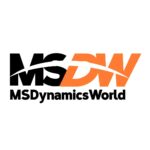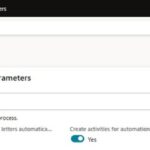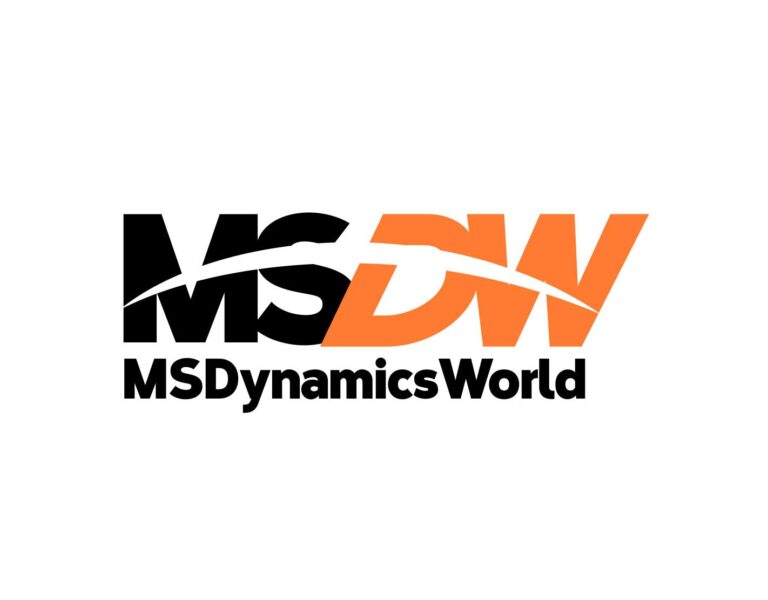In a world driven by convenience, speed, and relevance, personalization is no longer a “nice-to-have” — it’s a must. Today’s shoppers expect tailored experiences that recognize their preferences, anticipate their needs, and provide timely recommendations. This expectation is setting a new standard for retail and e-commerce brands, and at the heart of delivering such experiences is Salesforce Marketing Cloud integrated with AI-based automation.
This blog explores how Salesforce’s robust marketing platform, enhanced with artificial intelligence (AI), is transforming the shopping experience from generic to genuinely personal.
Why Personalization Matters in Modern Retail
The modern consumer is spoiled for choice. From online marketplaces to mobile apps and physical stores, they can switch brands with a tap. In this saturated landscape:
- 80% of consumers are more likely to make a purchase when brands offer personalized experiences.
- Personalized emails deliver 6x higher transaction rates.
- Brands that personalize their web experiences see up to a 20% increase in sales.
These stats highlight that personalization isn’t just a trend — it’s a powerful revenue driver.
Salesforce Marketing Cloud: A Personalization Powerhouse
Salesforce Marketing Cloud (SFMC) is a leading digital marketing platform designed to engage customers across email, mobile, social media, and the web. What makes it exceptional for personalization is its ability to:
- Collect and unify customer data
- Automate marketing workflows based on behavior
- Deliver real-time personalization across multiple channels
- Analyze and optimize campaigns with built-in intelligence
Whether a customer is browsing an online store, reading emails, or visiting a physical location, SFMC ensures the messaging is consistent, contextual, and compelling.
How AI-Based Automation Powers Personalization
Enter Salesforce Einstein — the AI engine integrated into Salesforce. Einstein enhances personalization through automation and predictive insights.
Einstein AI enables marketers to:
- Predict behavior: Know which customers are most likely to open an email, click on a product, or churn.
- Automate actions: Automatically send messages at the best time, with the right content, through the right channel.
- Optimize content: Recommend subject lines, product images, or promotions that will resonate best.
- Generate product recommendations: Use past purchases, behavior, and trends to suggest relevant products in real time.
With Einstein, marketers can move from reactive to proactive, predictive engagement — delivering value before the customer even asks for it.
Key Features of Salesforce Marketing Cloud for Personalized Shopping
1. Journey Builder
Create end-to-end customer journeys that adapt in real time. Whether it’s a welcome email for a new subscriber or a re-engagement SMS for a lapsed shopper, Journey Builder allows you to define paths based on customer actions, preferences, and demographics.
2. Email Studio
Email Studio lets you craft personalized emails using dynamic content blocks. For example, a promotional email can automatically display different products for each recipient based on their browsing history or cart contents.
3. Interaction Studio
Track real-time behavior — like clicks, page views, or time spent — and respond instantly. If a customer views winter jackets, Interaction Studio can immediately update the website banner, send a follow-up email, or trigger a push notification featuring jackets.
4. Audience Studio
Collect and segment customer data from multiple sources (CRM, POS, website, social) to create unified customer profiles and micro-audiences.
5. Mobile Studio
Personalize SMS and push notifications for mobile shoppers. Automatically send a geo-targeted offer when a customer is near a physical store or notify them about cart items they left behind.
Personalizing Every Stage of the Shopping Journey
➤ Awareness Stage
- Use AI to identify new potential customers similar to your existing audience.
- Serve personalized ads based on demographics, interests, or online behavior.
➤ Consideration Stage
- Offer tailored content such as blog posts, videos, or product guides.
- Use predictive scoring to prioritize leads and trigger drip email sequences based on engagement.
➤ Purchase Stage
- Send limited-time offers or personalized coupon codes to encourage purchase.
- Recommend complementary products during checkout (e.g., batteries with electronics).
➤ Post-Purchase Stage
- Trigger loyalty rewards, product usage tips, or personalized “thank you” messages.
- Use predictive modeling to suggest replenishments or accessories.
Use Cases
1. Cart Abandonment Campaigns
Einstein AI identifies when a customer abandons their cart. Salesforce then triggers an automated email or SMS containing the cart items, personalized product recommendations, and a time-sensitive discount to bring them back.
2. Dynamic Email Campaigns
Using behavioral data, SFMC crafts emails that include:
- Real-time product recommendations
- Localized content based on the recipient’s city
- Dynamic pricing and availability updates
3. Omnichannel Engagement
A customer who clicks on a Facebook ad receives a personalized welcome email, sees related products on the website, and later gets an SMS with a promo code — all coordinated through SFMC.
Benefits of Using Salesforce and AI for Personalization
|
Benefit |
Description |
|
Increased Conversions |
Personalized recommendations and offers improve purchase intent |
|
Higher Engagement |
Customers interact more with relevant content |
|
Improved Retention |
Repeat buyers feel valued and recognized |
|
Efficiency at Scale |
AI automates thousands of journeys, freeing up teams |
|
Data-Driven Decision Making |
In-depth analytics help continuously refine and improve personalization |
Challenges and Solutions
1. Challenge: Data fragmentation across systems
Solution: Use Salesforce CDP to unify data from all touchpoints.
2. Challenge: Limited AI/ML expertise
Solution: Einstein AI’s low-code interface empowers non-technical marketers to use advanced analytics.
3. Challenge: Privacy and compliance concerns
Solution: Salesforce offers built-in tools for GDPR/CCPA compliance and consent management.
4. Challenge: High cost of implementation
Solution: Begin with high-impact personalization campaigns (e.g., cart recovery), then scale gradually.
Success Stories: Brands That Nailed It
1. ASICS
Used Salesforce Marketing Cloud to segment their global audience and launch localized campaigns. Achieved 27% higher engagement across all regions.
2. L’Oréal
Leveraged Interaction Studio to personalize website experiences and email content. Saw a 4x increase in campaign effectiveness.
3. Adidas
Adopted Einstein for AI-driven product recommendations, resulting in a 35% increase in email-driven revenue.
Future Trends in Personalized Shopping
1. Generative AI in Content Creation
AI will soon write custom product descriptions, headlines, and emails for each user — instantly.
2. Voice and Visual Search Personalization
Customers will get personalized results based on voice tone or images they upload.
3. Emotion-Aware AI
Retailers may use AI that detects emotions through text, voice, or facial expressions to tailor messaging accordingly.
4. AI-Connected Physical Retail
In-store experiences personalized in real-time through app interactions, loyalty data, and AI-based recommendations.
Conclusion
Personalization is no longer optional — it’s the expectation. Salesforce Marketing Cloud, when combined with the power of AI-based automation, allows brands to meet and exceed these expectations by delivering the right message, to the right person, at the right time.
By investing in personalization with Salesforce and Einstein AI, businesses are not only enhancing the customer experience — they’re building the future of commerce. To make the most of these tools, many organizations are turning to Salesforce Development services to tailor, integrate, and scale these capabilities across their marketing ecosystem. With expert development and strategic implementation, brands can transform data into dynamic journeys that convert and retain customers like never before.
FAQs
Q1: Can small businesses use Salesforce Marketing Cloud for personalization?
Yes. Salesforce offers modular solutions that can be scaled to suit small and medium-sized businesses with limited budgets.
Q2: Is AI integration in SFMC difficult for marketers?
Not at all. Salesforce Einstein is designed with non-technical users in mind and offers pre-built models and insights that are easy to apply.
Q3: How does Salesforce handle customer data privacy?
Salesforce ensures compliance with data regulations like GDPR and CCPA, and includes consent management features.
Q4: How long does it take to see ROI from AI-powered personalization?
Businesses often see ROI within a few months, especially when starting with targeted campaigns like cart recovery or welcome series.
Q5: Can personalization improve offline shopping experiences?
Yes. With tools like Interaction Studio and Salesforce CDP, in-store associates can offer tailored service based on the shopper’s online behavior and purchase history.





